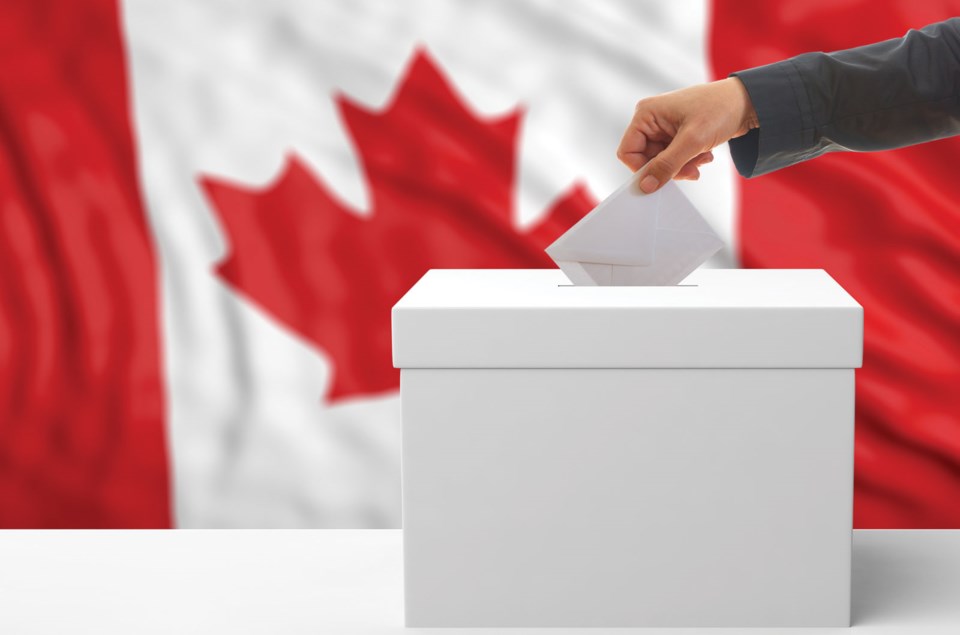By the time you read this the Canadian federal election will be less than three weeks away, and we know a lot can change before the polls close. At this time in the last election cycle, the Liberal party was in third place, the NDP was apparently surging and the Conservatives were thought to be cruising to a fourth consecutive victory.
We all know how that ended up.
The Liberals and Conservatives are running neck and neck at this point, so most pundits suggest a potential minority government, with the leader a coin toss.
But whoever wins this time around, they must address the real issue that Canadians are fearful about. It is not climate change. It is not pipelines. It is not foreign affairs. It is not, unfortunately, ethics or transparency.
For the majority of voters – 56 per cent – the cost of living is the most important issue, according to a new Politico/Abacus poll.
A solution should start with helping small businesses thrive.
Ninety-nine per cent of all businesses in Canada are small-to-medium-sized enterprises and they employ nearly 90 per cent of the private-sector labour force. In some provinces, like British Columbia, this sector represents 94 per cent of non-government employment.
Yet these businesses feel under attack by senior government just as the economy needs all the entrepreneurial muscle it can muster.
A case in point is the carbon tax.
In 2008 B.C. was the first province to introduce a carbon tax, which now most of the federal parties plan to expand nationally, and increase, if they gain control. The carbon tax is particularly onerous to businesses and other taxpayers because it dramatically ratchets up transportation and energy costs without much green payback.
The tax helped hold the line on greenhouse gas emissions but the results were not spectacular, though it cost B.C. residents $1.2 billion in 2016-17 alone.
Data released September 9 by the B.C. Ministry of Environment and Climate Change Strategy measured 64.46 million tonnes of greenhouse gas emissions in 2017 compared to 64.76 million tonnes in 2007, the year before the carbon tax came in.
A good move by the new federal leader would be to repeal the carbon tax before it also becomes a national cash grab.
A new federal government could also reduce barriers to hiring foreign workers, slow the increases in Canada Pension Plan contributions by small businesses and balance the federal budget to reduce the need for further tax increases.
This would all help the largest block of voters in Canada: the citizens who own and work in small-to-medium-sized businesses.
We can only hope that someone on the campaign trail is listening.



